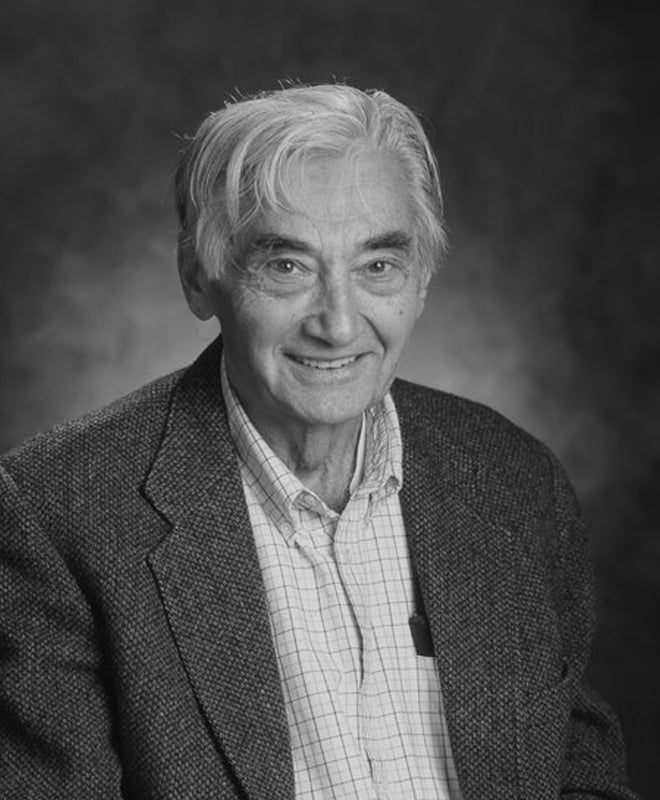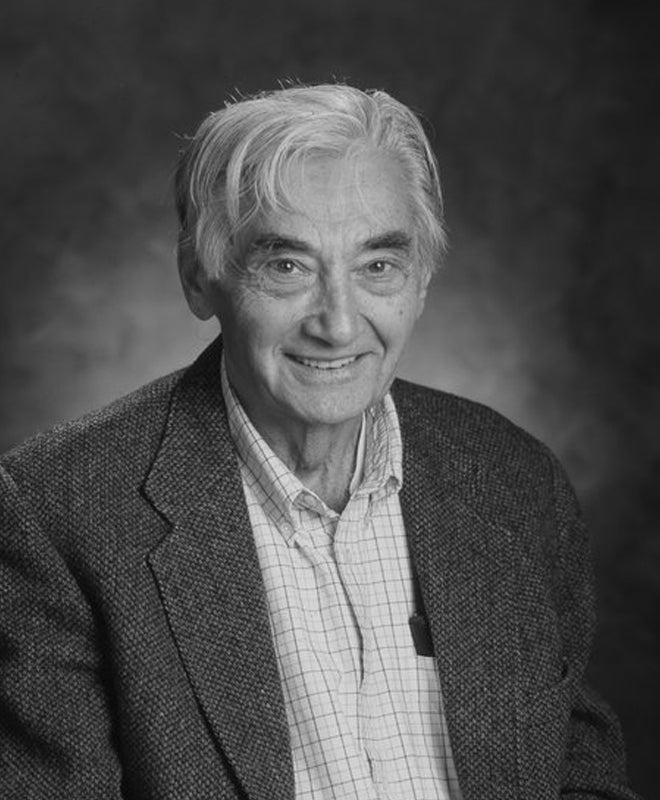Bio
By Zack Stenz
A proposed exhibit of the Enola Gay at the Smithsonian Air and Space Museum provokes a firestorm of criticism. The renaming of the Custer Memorial Battle-field becomes a political hot potato. The adoption of new national history standards in the nation’s high schools is bashed from the podium by presidential candidates. Who says Americans don’t care about history?
Not Howard Zinn. This professor, activist, and author has dedicated his life to the notion that the knowledge of history is important to people’s everyday lives, and can be a powerful force for social change. Zinn is a champion of the notion that historical change occurs more through mass movements of ordinary people than through the wisdom and insight of so-called Great Men. His best-known book, A People’s History of the United States, was one of the first major looks at American history from such a perspective, and has sold a phenomenal 400,000 copies. Zinn is coming to Sonoma County on Monday, April 22, to speak on the Cold War and its legacy for the 21st century, at Sonoma State University and Santa Rosa Junior College.
But despite his popularity, Zinn’s brand of “bottom-up” history has been reviled by political conservatives, and he confesses that he isn’t surprised by the level of passion in recent controversies like the one surrounding the Smithsonian’s portrayal of the dark role the Enola Gay played in the bombing of Hiroshima. “Whenever you introduce a new view of historical events, the guardians of the old order will spring to the attack,” Zinn says. “And a lot of people feel threatened by the idea that our side also committed atrocities in the Second World War. I’m actually encouraged by the controversy, though. It wouldn’t exist if changes were not taking place in the way history is being taught.”
If anything, Zinn sees the recent attacks by the right on the “New History” taught by himself and others as a perverse vindication of his own belief in history’s importance. “If history weren’t so important, people wouldn¹t get so upset by it,” he says. George Orwell said, ‘Whoever controls the past controls the future,¹ by which he meant that history is incredibly important in shaping the world view of the next generation of people.”
Zinn hasn’t been content to merely write about historical change, but has often been active in movements for civil rights and academic freedom, working against the Vietnam and Persian Gulf wars. “I’ve tried to join my writing with social issues,” he says. “It was really my experiences in the South, teaching at Spelman College and getting involved with the Student Nonviolent Coordinating Com-mittee, that spurred me to write A People’s History. I could see history being made before my eyes by ordinary people who are never written about in the history books.”
It’s Zinn’s fierce compassion for and belief in the power of ordinary people that has characterized his work, turning A People’s History into a celebration of heroism rather than merely the litany of government atrocities conservatives often accuse it of being. “One of the right-wing groups, [Reed Irvine’s] Accuracy in Media, characterized A People’s History as a ‘Hate America’ book,” Zinn says. “But the supposition there is that America consists of the people on top. And while it’s true that I take a very critical view of the United States government in history, I take a very positive view toward the mass movements of people in America who have fought to make the country a better place.
“And that’s where the left hasn’t balanced its act very well, either,” he adds. “They’ve done a very good job of illuminating the various bad policies of the American government, but they haven’t shown what people have done to resist these policies, often successfully. And that’s a critical thing to do, to show people in the present day that they can fight back and win.”
Zinn admits that the current American landscape of temporary workers, multinational corporations, and citizens’ increasing isolation from one another hinders the formation of his cherished mass movements. “Building a movement is difficult, given the fragmentation and isolation of people today and just the very diverse nature of the United States,” says Zinn. “But when people¹s outrage is felt strongly enough, a new social movement will be born.”
So despite a conservative political climate that has left many longtime progressive activists depressed and demoralized, Zinn’s reading of history keeps him optimistic about America’s future. “I am hopeful,” he says. “But hope rests on doing something. If you’re not doing anything to change things, you have no right to be hopeful.”


